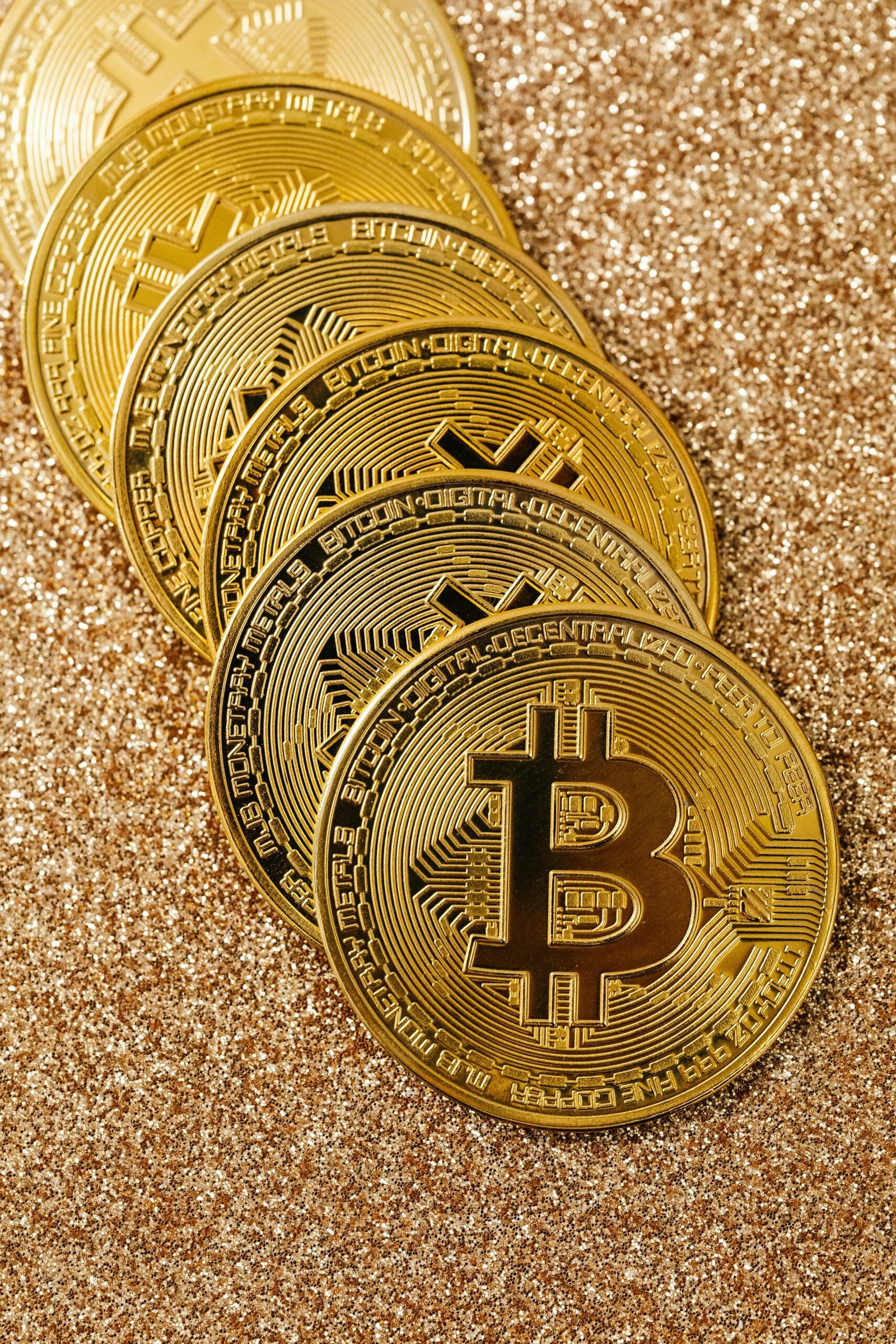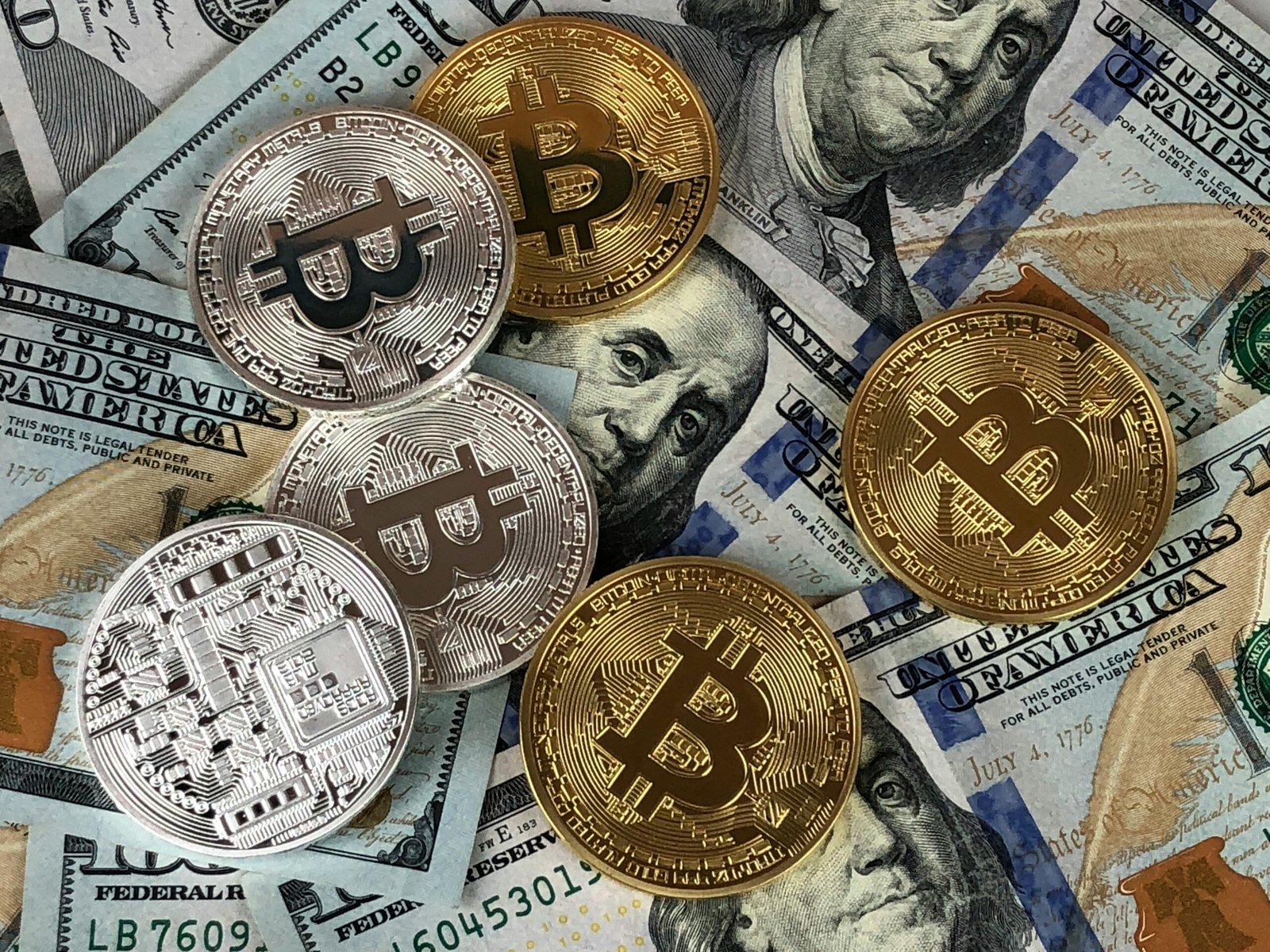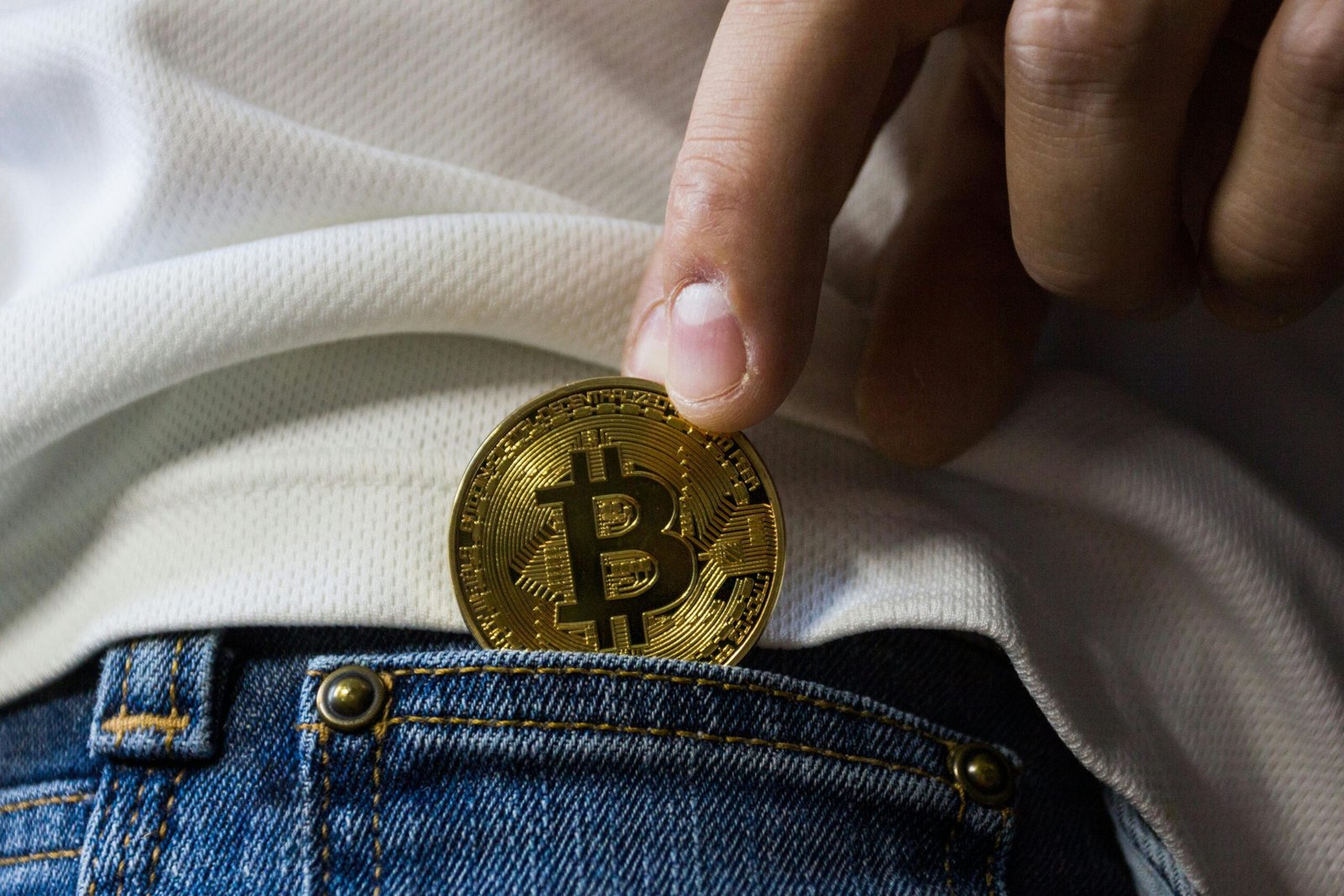Have you ever found yourself wondering about the difference between a coin and a token in the world of cryptocurrency? If so, you’re certainly not alone. As the digital currency landscape evolves and expands, distinguishing between these two terms becomes essential for any investor, enthusiast, or curious observer.
Understanding the Basics
In the vast realm of digital currencies, the terms “coin” and “token” might seem interchangeable at first glance. However, they represent distinct concepts that are crucial to comprehend. At a fundamental level, both coins and tokens are types of cryptocurrency, yet they are used and function differently.
What Is a Coin?
A coin is a digital currency that operates independently on its own blockchain. Think of a coin as the digital equivalent of traditional money. It represents value and can be used primarily as a store of value, unit of account, and medium of exchange. When you hear about Bitcoin or Ethereum, remember that these are coins.
Key Characteristics of Coins:
- Blockchain: A coin operates on a standalone blockchain, meaning the entire network and its security are dedicated to the specific coin.
- Native Currency: Coins are the native currency of their respective blockchains. For instance, ETH is the native coin of the Ethereum blockchain.
- Value Transfer: Primarily used to transfer monetary value using blockchain technology.
By understanding these characteristics, you can recognize how coins are designed to work like digital cash.
What Is a Token?
In contrast, a token does not operate on its own blockchain. Instead, it is built on top of an existing blockchain infrastructure. Tokens often serve a broader range of functions beyond just being a medium of exchange.
Key Characteristics of Tokens:
- Built on Existing Blockchains: Tokens are created on top of existing blockchains like Ethereum, utilizing smart contracts.
- Versatility: Tokens can represent ownership of an asset, utility, or specific rights within a particular ecosystem.
- Types of Tokens: There are various types of tokens, including utility tokens, security tokens, and payment tokens.
Comparing Coins and Tokens
To further highlight the differences, here’s a comparison table that summarizes the essential distinctions between coins and tokens:
| Feature | Coin | Token |
|---|---|---|
| Blockchain | Operates independently on its own blockchain | Built on an existing blockchain |
| Examples | Bitcoin (BTC), Litecoin (LTC), Ethereum (ETH) | Chainlink (LINK), Uniswap (UNI), Tether (USDT) |
| Use Case | Primarily used as a digital currency for payments | Can represent a wide range of assets and utilities |
| Creation | Requires creating an entirely new blockchain | Created through smart contracts on existing blockchains |
As the table illustrates, the primary distinction lies in the technological framework and intended purpose of each type.
Diving Deeper Into Blockchain Technology
To fully grasp what separates coins from tokens, delving deeper into blockchain technology is necessary. Blockchain is the underlying technology that allows both coins and tokens to function. But how does it work?
Blockchain Basics
At its core, a blockchain is a decentralized and distributed ledger composed of a chain of blocks, each containing a list of transactions. This structure ensures transparency, security, and immutability, making it the perfect platform for digital currencies.
Understanding Networks
Different blockchains operate independently, with their own protocols and technologies. For coins, the blockchain is uniquely dedicated to that currency. In comparison, tokens use existing blockchains, sharing resources and security measures. This distinction means that new tokens can be created on an established platform without starting from scratch, making it easier and faster to bring them to market.

The Role of Ethereum and Smart Contracts
Ethereum’s introduction played a pivotal role in the development and use of tokens. It brought forth the concept of smart contracts, which are self-executing contracts with terms written directly into code. This innovation allowed developers to create tokens without needing a separate blockchain.
Ethereum: The Token Creation Hub
Ethereum remains the most popular platform for token creation due to its robust infrastructure and smart contract capabilities. It allows for the development of decentralized applications (dApps) and a variety of tokens tailored to different needs.
How Smart Contracts Work
Smart contracts facilitate, verify, and enforce the performance of a contract, minimizing the need for intermediaries. Their functionality is essential for the creation and operation of tokens, as they can automate processes like ownership transfers, token minting, and compliance with specific requirements.
Types of Tokens
As the use of tokens expands, differentiating between various types becomes essential. Each type serves specific functions and has unique characteristics.
Utility Tokens
These are designed to provide users with a product or service. They are commonly used in crowdfunding campaigns (ICOs) to raise capital for new projects. Utility tokens give holders access to specific software applications or products.
Examples:
- Filecoin: Used as payment for services on the Filecoin network.
- Golem: Facilitates computing power exchange on the Golem network.
Security Tokens
Represent ownership or other rights to an asset, similar to traditional securities. These tokens are compliant with regulations and offer holders specific rights, such as dividends or profit shares.
Examples:
- tZero: Represents shares in Overstock’s blockchain subsidiary.
- Polymath: Focuses on adapting financial securities to blockchain technology.
Payment Tokens
These are coins in their own right, but some consider specific specialized tokens to have a payment-focused use case. Payment tokens are used for transactions and can be directly exchanged.
Examples:
- Bitcoin: A widely recognized digital currency for online transactions.
- Litecoin: Known for its fast transaction processing.

Why Differentiate Between Coins and Tokens?
Understanding the difference between coins and tokens allows for making informed decisions, especially when it comes to investments, development, and participation in the blockchain space.
Investment Perspective
For investors, distinguishing between coins and tokens offers insight into how value is created and transferred. Coins typically represent a larger ecosystem, whereas tokens can be tied to specific application developments and projects.
Practical Application and Risk Management
Recognizing the different roles coins and tokens play helps manage risk. Tokens often carry unique project-related risks, whereas coins might be subject to the broader challenges and changes within their blockchain ecosystem.
The Current and Future Landscape
As the blockchain and cryptocurrency domain continues to evolve, the distinctions between coins and tokens will likely grow in complexity and importance.
Trends in Token Development
Innovations in token functionality are opening up new possibilities. Non-fungible tokens (NFTs), for instance, have captured significant public interest by enabling the creation and trade of unique digital assets, such as art and collectibles. This trend indicates a future where tokens can represent virtually any asset, expanding the utility and reach of blockchain technology.
Blockchain Evolution
With advancements in scalability, interoperability, and security, the landscape for new coins and tokens is ever-changing. Emerging technologies and platforms promise to streamline how digital currencies and assets interact, leading to increased efficiency and reduced friction in transactions.

Conclusion
As you’ve journeyed through this exploration of coins and tokens, the distinctions should be clearer, offering you a greater understanding of the cryptocurrency realm. Whether you’re looking to invest, participate in blockchain projects, or simply expand your knowledge, the differentiation between coins and tokens is a fundamental aspect of navigating this digital landscape. With advancements in technology and the diversity of applications, the potential for both coins and tokens is immense, shaping the future of digital economics and beyond.
